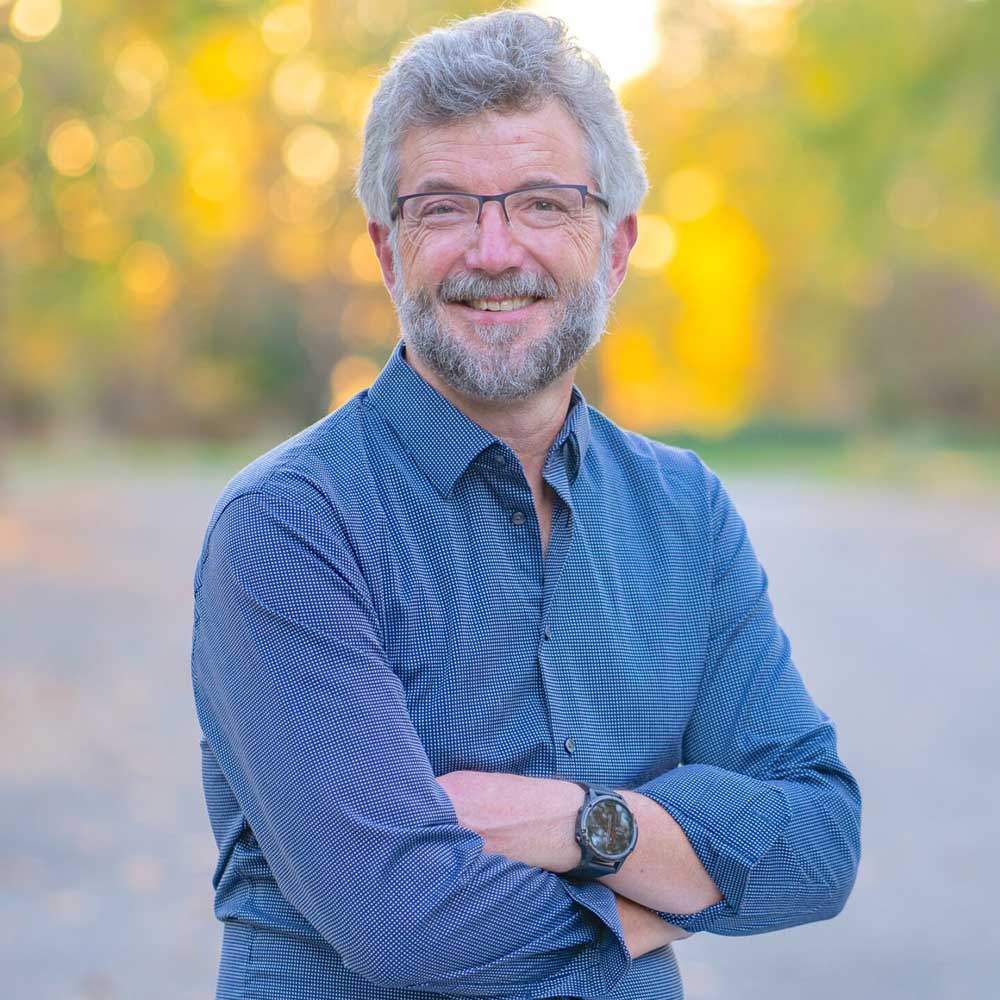Western Innovator: Former farm labor organizer sees troubles for agriculture
Published 6:00 am Monday, January 20, 2025

- Erik Nicholson
Farm labor consultant Erik Nicholson speaks highly of the passion of protesting French farmers who plow into Paris on tractors and block streets.
Trending
Northwest farmers could take a cue from their European counterparts, said Nicholson, a former national vice president for the United Farm Workers. “I come out of the labor movement, and that’s kind of our thing, right?
“They’re very active in calling out the unjust nature of what’s happening there because they so care about agriculture and want to stay viable,” he said.
Nicholson sees venture capitalists buying farmland, conglomerates monopolizing prices, technology spying on farms and unethical labor recruiters exploiting farmworkers as current or potential threats.
Trending
“I’m very concerned about where we’re going as an industry,” he said.
Nicholson, 58, was with the UFW for 20 years. Before that, he was with the Oregon farmworker union PCUN for 13 years. He started his own consulting firm, Pandion Strategy, in 2022 and is based in Kennewick, Wash.
Ospreys are the only member of its genus, Pandion. “I have always loved ospreys,” said Nicholson, who said his clients include farmers, non-profits and private companies.
Nicholson grew up in suburban Detroit, Mich., in the 1970s. “Pretty much everybody in my world worked in some automobile-related industry, primarily in middle and upper management,” he said.
“It’s unbelievable to think that the factories not only have closed, but they’ve been torn down,” Nicholson said. “That entire industry has been decimated.”
Nicholson warns towns in Eastern Washington could be gutted. Robotic pruners would leave farmworkers jobless and hungry in the winter and robotic apple pickers would cause them to leave, he said.
“You extract agriculture from anything east of the mountains and it’s pretty much game over,” Nicholson said.
“Farm wages are a big part of that economic lifeblood. If you start replacing these wages with drones or robots, what’s going to happen to these rural communities?”
He laughs at the suggestion he’s a Luddite, a kindred spirit to 19th century British weavers who smashed mechanical textile machines.
“I’m reading a great book about the Luddites, and I’m becoming much more sympathetic,” he said. “They weren’t opposed to mechanization. They were opposed to starving when their jobs were replaced.”
Nicholson said he supports innovation. He helped found a nonprofit called Semillero de Ideas (Nursery of Ideas), which invites farmworkers to submit ideas for improving the efficiency of harvests.
What concerns him is whether advanced technology will benefit farmers and farmworkers, or just the companies that harvest data such as the quality of a farm’s soil or fruit. “Who’s ultimately going to own that data?” he asks.
A stay in Bolivia as a foreign exchange student when he was 15 lit an interest in Latin America. He graduated from Duke University with a degree in Latin American economics and began working for PCUN in 1990.
A labor organizer for three decades, Nicholson said exploitation reminiscent of “The Grapes of Wrath” co-exist with organizations and farmers who want to improve working conditions.
“The incidents of debt peonage and human trafficking in agriculture, in my lived experience, is worse than it’s ever been,” Nicholson said.
“It’s heartbreaking because there are a lot of good people in agriculture who don’t want this to happen. Yet the tools that we collectively need to make sure it doesn’t happen don’t yet exist,” he said.
The USDA Economic Research Service estimates 40% of U.S. farmworkers are in the country illegally. Nicholson said the number is too low.
“I would say, in my experience, 80 to 90%,” he said. “We have not been able to make agricultural work attractive to people in the United States.”
Agriculture turns to workers in other countries, and some are vulnerable to unethical recruiters and are forced to pay to come to the U.S, he said.
“There’s still a lot of ugliness that pervades agriculture in the Americas,” he said. “At what point do we, as an industry say, ‘Enough of the bad apples?’ It’s not about an ideology. It’s about holding central what we value as a society.”
Name: Erik Nicholson
Age: 58
Position: Founding partner of Pandion Strategy
Formerly: United Farm Workers national vice president; PCUN organizer
Education: Duke University, bachelor’s degree, cultural Latin American economics





